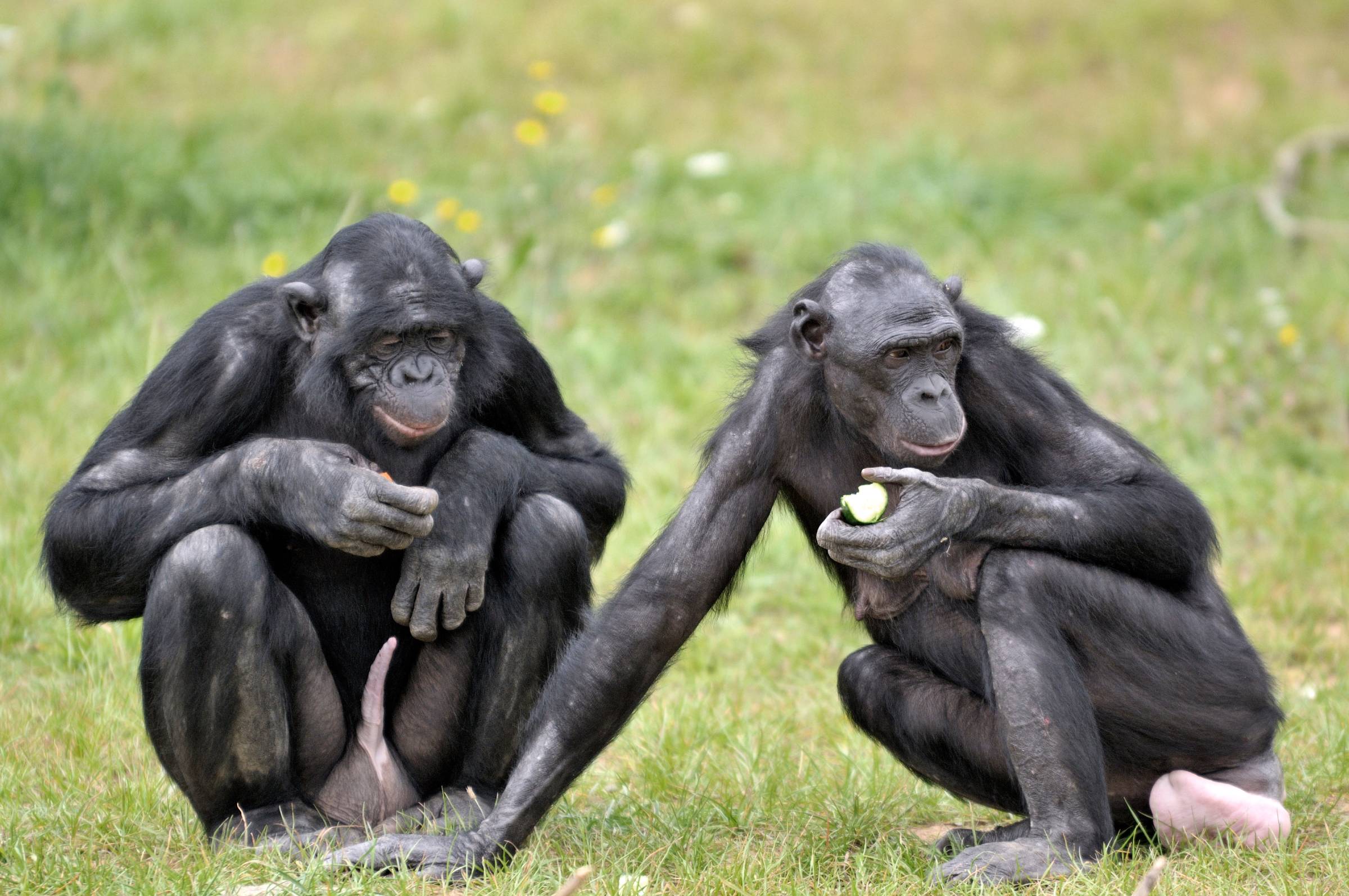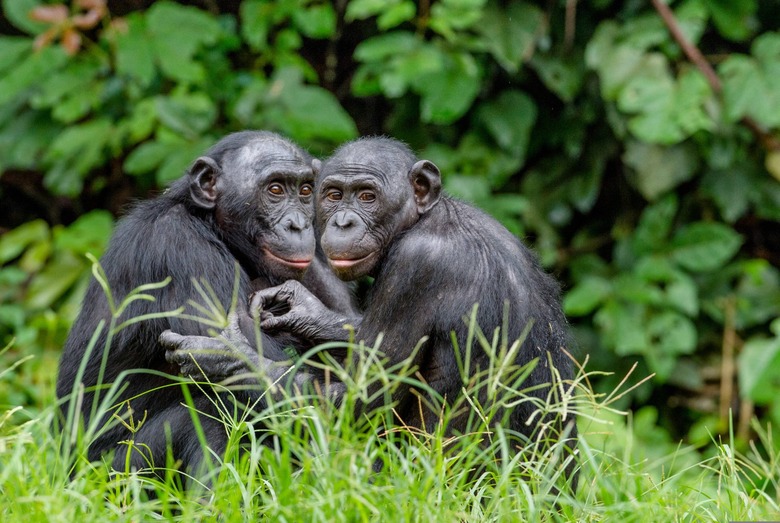Can This Endangered Animal Really Tell When Humans Don't Know Something?
Could one of our closest relatives in the animal kingdom possess a cognitive ability once thought uniquely human? A recent study suggests that bonobos (a type of endangered chimpanzee) may have a rudimentary form of what psychologists call the theory of mind—the ability to infer what others know, think, or believe.
While the headlines are sensational, and the research showcases some interesting results, the science actually calls for a more cautious interpretation. The researchers involved in a new study focused on the hypothesis designed a clever experiment to explore whether bonobos could possibly tell when humans don't know something they do.
The goal was simple. Bonobos were tasked with helping a human retrieve a hidden treat placed under one of three cups. In some trials, the human could see where the treat was hidden, while in others, a solid partition blocked their view. Interestingly, the bonobos were quicker and more insistent in pointing to the correct cup when the human was unaware of the treat's location.
This behavior seems to suggest that bonobos can recognize when someone lacks information and adjust their actions accordingly. The researchers claim this is evidence that bonobos may possess some form of theory of mind. However, while the findings are intriguing, several factors warrant some skepticism.
First, the sample size was extremely tiny—only three bonobos participated in the study. With such a limited group, it's impossible to draw broad conclusions about the cognitive abilities of an entire species. One bonobo, Teco, frequently pointed at the cups regardless of its human partner's knowledge.
Additionally, the study's context is highly artificial. Bonobos don't naturally cooperate with humans to find hidden food or encounter neatly arranged plastic cups in the wild. While the controlled environment helps isolate specific behaviors, it doesn't accurately reflect how bonobos process information in their natural habitats.

In fact, bonobos in the wild exhibit behaviors that could be interpreted differently, such as adjusting alarm calls based on what others have seen. However, whether this truly reflects a theory of mind or simply learned behavior is still up for debate.
Considering experts believe there are less than 5,000 bonobos still living today, understanding the full breadth of their cognitive abilities—including whether they can experience theory of mind—would be helpful in understanding this endangered species.
Unfortunately, the science speaks for itself, and there just isn't enough evidence to call this definitive. It is still a very interesting finding, though, and one that warrants additional research. Of course, it might help if we understand our own consciousness before we dive too deep into that of another species.
